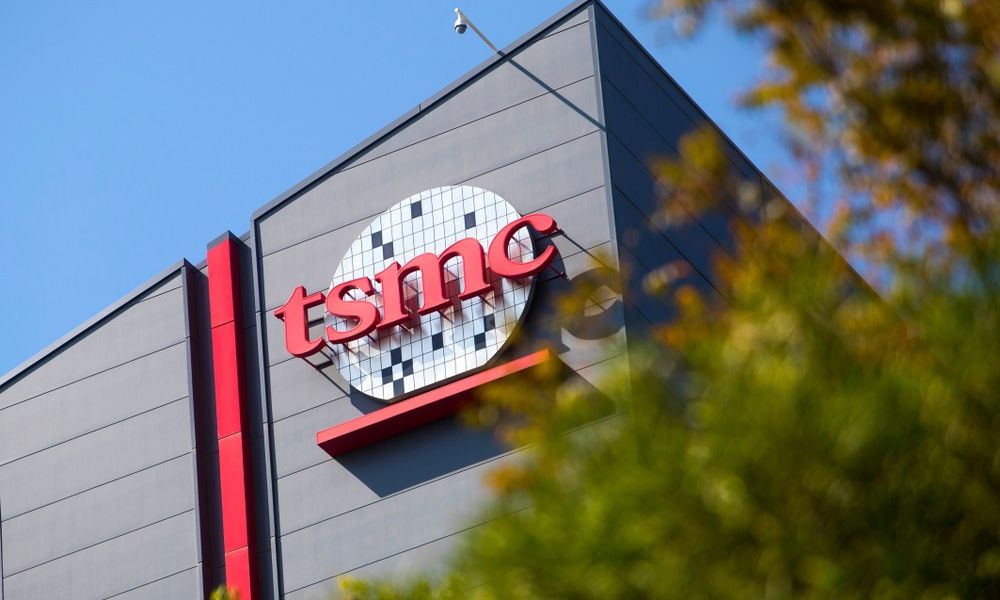TSMC’s US Chipmaking Facilities Lagging Behind Taiwan’s
 Credit: Shutterstock
Credit: Shutterstock
Toggle Dark Mode
Even though Apple chipmaking partner TSMC has invested billions into its chip fabrication facilities in Arizona, the company’s US facilities are lagging approximately five years behind its Taiwanese ones, according to a report from Nikkei.
Due to pressure from the US government to bring more chip production to US shores, TSMC’s planned investment in US facilities has increased more than tenfold from an initially promised $12 billion to $40 billion in 2022, then rising to $65 billion, and finally to $165 billion as the company looked to grab a piece of the subsidy pie offered by former President Biden’s CHIPS Act. This makes it one of the chipmaker’s largest investments in foreign facilities.
While TSMC’s first chip foundry is actively producing chips, its second Arizona facility, which is expected to produce 3-nanometer chips, won’t be ready until 2028. A third facility, expected to use TSMC’s 2-nanometer process, isn’t likely to be ready until at least 2030, meaning the facilities will not produce Apple’s future A-series and M-series chips for quite a while. This means there could be as much as a five-year lag in process size between what TSMC turns out at its US plant compared to the company’s Taiwan facilities.
Apple is expected to use an A20 Pro chip made using TSMC’s 2-nanometer process in its iPhone 18 Pro models, which will debut in fall 2026. TSMC is already reportedly working to tune the 2-nanometer chip fabrication process to be ready for mass production.
Apple industry analyst Ming-Chi Kuo recently said his checks show that TSMC is already achieving chip yields in the 60% to 70% range, which is an encouraging bit of news for company planners. All 2-nanometer production is taking place in Taiwan, as TSMC’s facilities there are already equipped to use the latest process.
Meanwhile, the company’s US facilities won’t be ready to handle 2-nanometer fabrication until well after the launch of Apple’s iPhone 18 lineup. This means all 2-nanometer chips will be sourced from TSMC’s Taiwan facilities, not the US factories.
The single active Arizona facility is currently producing A16 chips, made using an N4 four-nanometer process. The facility is also reportedly producing the S9 SiP used in the Apple Watch Series 9.
While the production lag can be partially attributed to TSMC’s long-standing preference to keep its operations inside its home country, another contributing factor is China. The US has long been dependent on Taiwan as a source for chips, meaning the US would be compelled to protect Taiwan if China attempted to invade it, as it has indicated it would like to do.
If TSMC brought its US facilities up to par with its Taiwanese facilities, it could lessen the need for the US to protect Taiwan from the Chinese.
TSMC claims it’s working with US contractors to lessen the time it takes to get a new facility online. However, the company declined to comment when asked whether or not it could accelerate construction to “Taiwan Speed,” which takes around two years to construct a plant.







